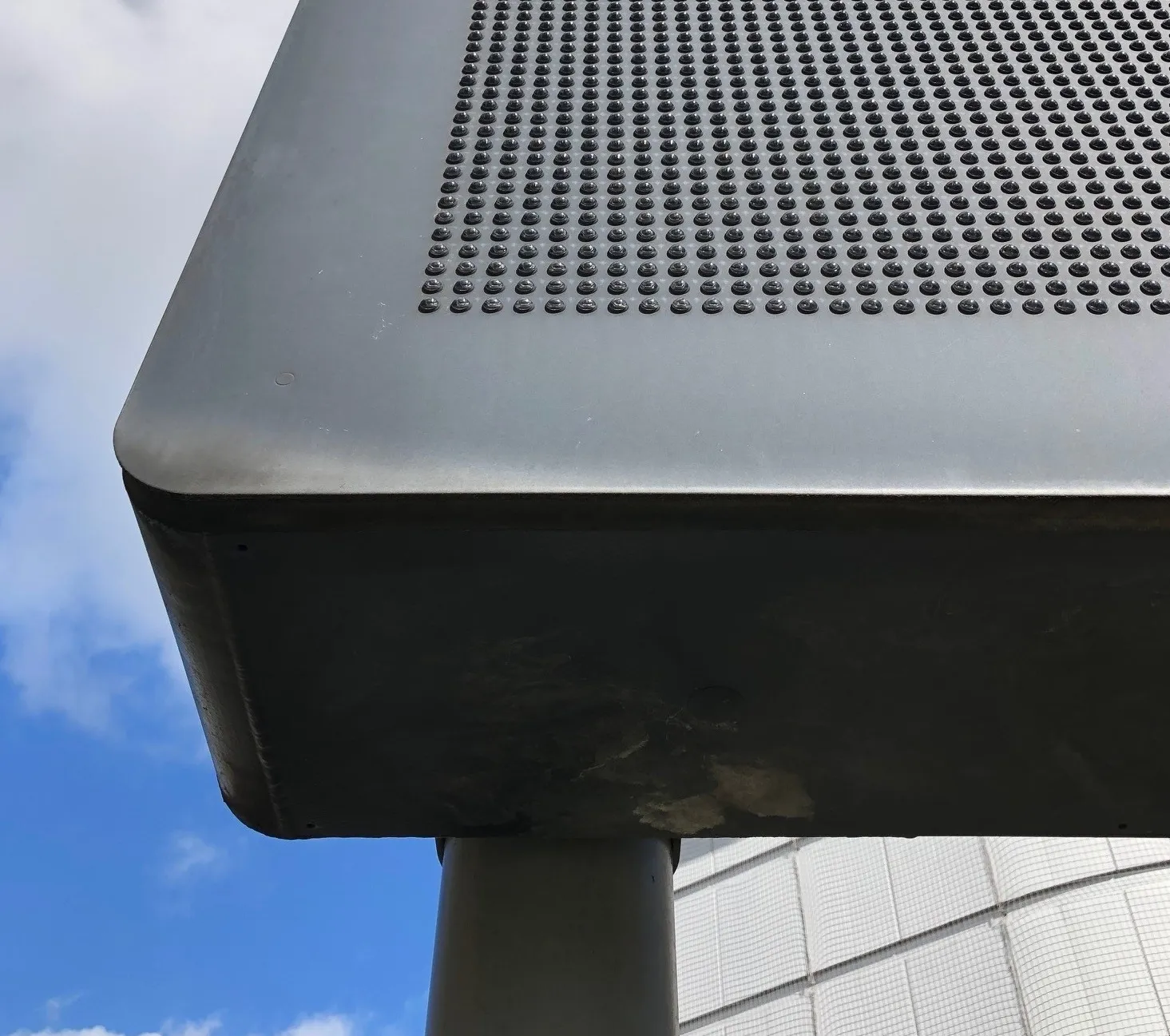Rochdale Metropolitan Borough Council (MBC) is targeting priority highways maintenance schemes with strategic support from Yotta DCL, whose consultants used its web-based Horizons visualised asset management software to create works programmes for the carriageway and footway network across Rochdale’s four townships and their wards. This latest contract builds on previous work done by Yotta DCL, including coarse visual inspections (CVI), scanner surveys, footway network surveys and video asset inventory coll
February 12, 2013
Read time: 2 mins
Rochdale Metropolitan Borough Council (MBC) is targeting priority highways maintenance schemes with strategic support from 5956 Yotta DCL, whose consultants used its web-based Horizons visualised asset management software to create works programmes for the carriageway and footway network across Rochdale’s four townships and their wards. This latest contract builds on previous work done by Yotta DCL, including coarse visual inspections (CVI), scanner surveys, footway network surveys and video asset inventory collection.
“It is important that we prioritise how we spend our highways maintenance budgets across the Borough and Yotta DCL is helping us to identify how we can address the workload and take appropriate, cost-effective action. This maximises the return on our maintenance expenditure for all of the Borough’s residents. This new arrangement with Yotta DCL enables us to benefit from the company’s expertise and Horizons visualised asset management software and custom reporting,” says Carl Needham, assistant engineer, Highways, Rochdale MBC.
Horizons provides a seamless combination of GIS, pavement management and asset management systems. All the Council’s previously captured survey data resides in the system and this allowed Yotta DCL to accurately score defects, prioritise work schemes according to need and recommend appropriate, effective treatments to match available budgets.
“The council required a series of one-year works programmes for carriageway and footway networks that are broken down into specific townships and wards. These were further split into specific, suggested treatment lists for each area with their costs. From this, the highways team was able to further analyse the results using Horizons, prioritise the work and deduce what types of treatment would provide the best value,” says Vishal Dave, professional services consultant, Yotta DCL.
Carl Needham adds: “Yotta DCL is making it easier for us to concentrate on getting the work done. The support complements our own skills with the Yotta DCL team’s expertise in surveying and analysis enabling us to take a very progressive approach to our highways maintenance within the Borough. It is a good working relationship that provides great results for our residents. With Yotta DCL’s valuable input, we have been able to produce our work programmes quickly and efficiently and these have now been approved for delivery in 2013/2014 by council members.”
“It is important that we prioritise how we spend our highways maintenance budgets across the Borough and Yotta DCL is helping us to identify how we can address the workload and take appropriate, cost-effective action. This maximises the return on our maintenance expenditure for all of the Borough’s residents. This new arrangement with Yotta DCL enables us to benefit from the company’s expertise and Horizons visualised asset management software and custom reporting,” says Carl Needham, assistant engineer, Highways, Rochdale MBC.
Horizons provides a seamless combination of GIS, pavement management and asset management systems. All the Council’s previously captured survey data resides in the system and this allowed Yotta DCL to accurately score defects, prioritise work schemes according to need and recommend appropriate, effective treatments to match available budgets.
“The council required a series of one-year works programmes for carriageway and footway networks that are broken down into specific townships and wards. These were further split into specific, suggested treatment lists for each area with their costs. From this, the highways team was able to further analyse the results using Horizons, prioritise the work and deduce what types of treatment would provide the best value,” says Vishal Dave, professional services consultant, Yotta DCL.
Carl Needham adds: “Yotta DCL is making it easier for us to concentrate on getting the work done. The support complements our own skills with the Yotta DCL team’s expertise in surveying and analysis enabling us to take a very progressive approach to our highways maintenance within the Borough. It is a good working relationship that provides great results for our residents. With Yotta DCL’s valuable input, we have been able to produce our work programmes quickly and efficiently and these have now been approved for delivery in 2013/2014 by council members.”










